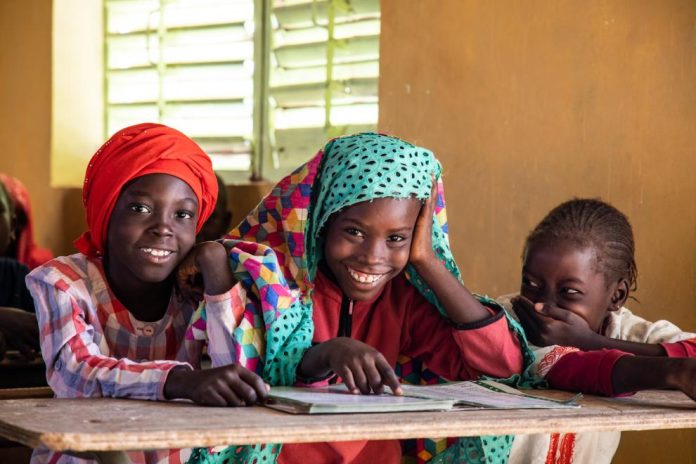International Criminal Tribunal for Rwanda
The UN Security Council established the International Criminal Tribunal for Rwanda (ICTR) to “prosecute persons responsible for genocide and other serious violations of international humanitarian law committed in the territory of Rwanda and neighbouring States in 1994”. During its operation, the Tribunal indicted 93 individuals including high-ranking military and government officials, politicians, businessmen, as well as religious, militia, and media leaders.
With its sister international tribunals and courts, the ICTR has played a pioneering role in the establishment of a credible international criminal justice system, producing a substantial body of jurisprudence on genocide, crimes against humanity, war crimes, as well as forms of individual and superior responsibility.
The ICTR is the first ever international tribunal to deliver verdicts in relation to genocide, and the first to interpret the definition of genocide set forth in the 1948 Geneva Conventions. It is also the first international tribunal to define rape in international criminal law and to recognise rape as a means of perpetrating genocide, as well as the first international tribunal to hold members of the media responsible for broadcasts intended to inflame the public to commit acts of genocide.
The ICTR delivered its last trial judgement in December 2012. Since then the Mechanism for International Criminal Tribunals has assumed responsibility for the ICTR’s residual functions including cases before the appeals chamber and the tracking and arrest of the accused who remain fugitives from justice.
Achievements
Decolonization
At the end of World War II in 1945, nearly every country in Africa was subject to colonial rule or administration. Following the founding of the UN in 1945 and its massive decolonization effort, Africa is now virtually free from colonial rule. In 2011, South Sudan became Africa’s newest country when it gained independence from the rest of Sudan.
Economic Growth
The continent’s economy grew by roughly 3.4 percent in 2019, creating one of the longest stretches of uninterrupted positive economic expansion in Africa’s history. As a result, a growing number of Africans have joined the middle class each year. However, in 2020, Africa experienced a 3.4 percent contraction in GDP. The country is expected to achieve a modest recover in 2021, predicted on the increase of export and commodity prices and the rise of domestic demand.
Advancement of Women
In eleven African countries, women hold close to one-third of the seats in parliaments, according to Women in Parliament in 2020. With 61 percent, Rwanda has the highest proportion of women parliamentarians in the world. Africa has the highest regional female entrepreneurial activity rate in the world. One in four women starts or manages a business. Rwanda and Namibia, two Sub-Saharan African countries, belong to the top ten of the most gender-equal countries, according to the 2021 World Global Gender Gap Report.
Continental Agenda 2063
In January 2015 the Heads of State and Governments of the African Union adopted Agenda 2063. The vision and ideals in the Agenda serve as pillars for the continent in the foreseeable future, which will be translated into concrete objectives, milestones, goals, targets and actions/measures.
Agenda 2063 strives to enable Africa to remain focused and committed to the ideals it envisages in the context of a rapidly changing world.




